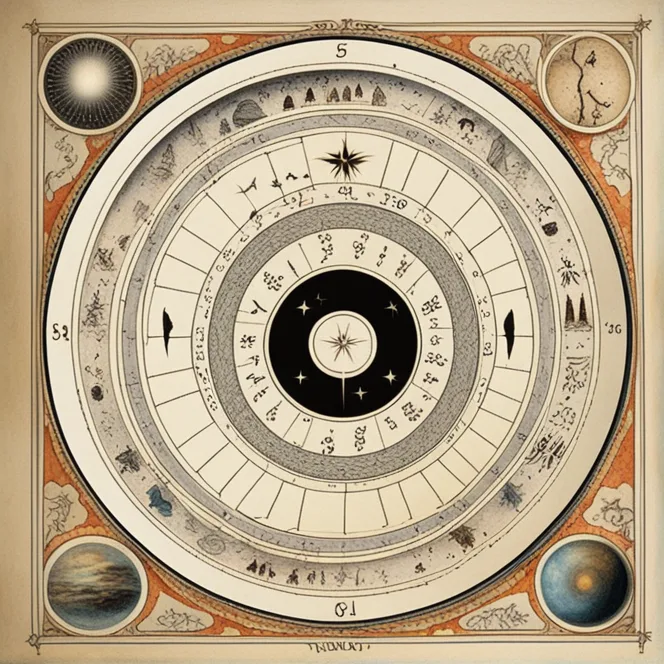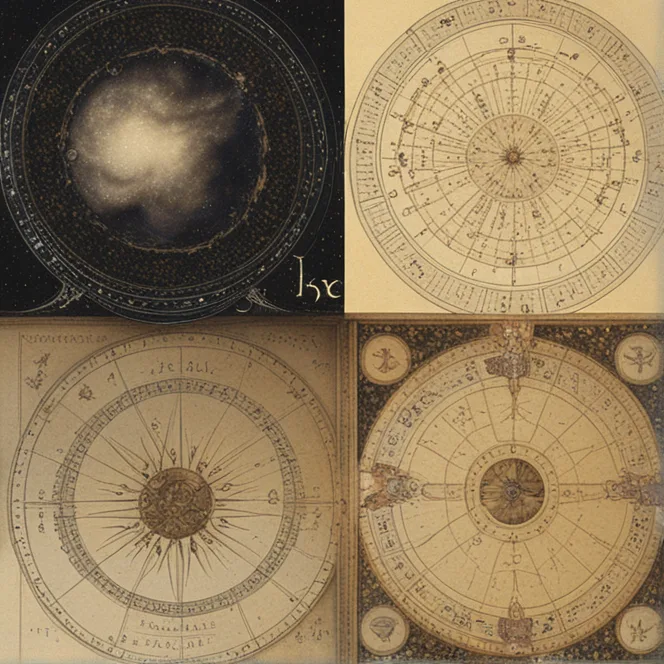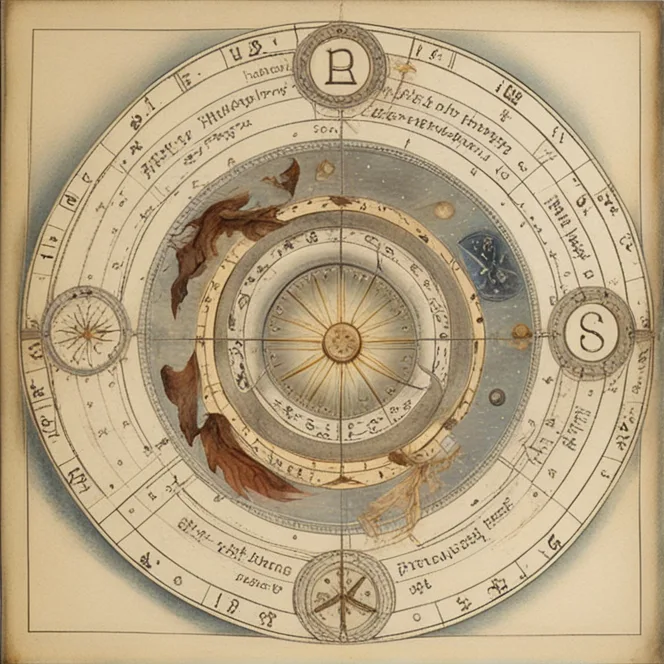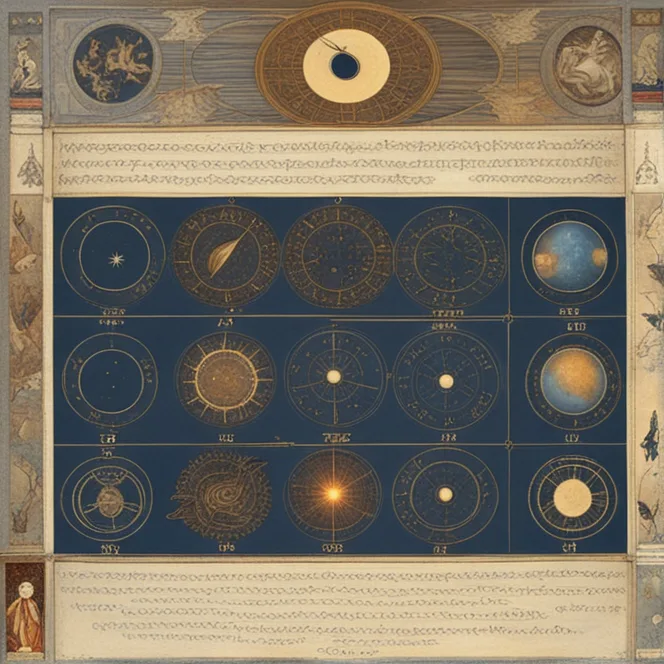
Astrology: A Mystic Journey Through Time
Explore the ancient roots of astrology and discover the founders of this mystical practice in our illuminating article.
article by Priya Deshmukh
The Dawn of Astrology
Astrology, as we know it today, is an ancient practice that intertwines the understanding of celestial patterns with human experience. Its roots can be traced back to the 2nd millennium BCE, in the cradle of civilization—Mesopotamia. Here, the early Babylonians established the framework for astrology by meticulously observing the heavens. They believed that celestial phenomena were connected to events on Earth and could predict the will of the gods. This marked the beginning of astrological study, which was initially intertwined with astronomy and deeply embedded in religious rituals.

Advancements in the Ancient World
Astrology's sophistication grew as it spread from Babylonia to neighboring cultures. The Egyptians, famed for their astral knowledge, and the signatories to the Dendera Zodiac, helped advance the practice by mapping the night sky with great accuracy. But it was the Hellenistic culture, after Alexander the Great's conquests, that truly expanded astrology. This period saw the fusion of Babylonian astrology with Egyptian traditions, leading to the creation of the zodiac and horoscopic astrology – casting a person's fate based on the position of the stars at the exact time of their birth.

The Philosophers' Impact
The Greco-Roman world produced scholars who left an indelible mark on astrological tradition. Figures like Ptolemy, an astronomer, geographer, and mathematician, consolidated astrological knowledge in his work 'Tetrabiblos'. This treatise became the foundation of Western astrology and was revered for its systematic approach to astrological science. Ptolemy’s contributions to astrology are so significant that he is often mistakenly credited as its founder, although astrology already existed long before his time.

The Eastern Influence
Astrology's reach extended beyond the western world, taking root in Eastern cultures as well. In particular, Vedic astrology or Jyotisha, the traditional Hindu system of astrology, has an ancient lineage and is still widely practiced in India today. It was developed around the same time as Western astrology and has its own unique system for charting the heavens, including the use of the sidereal zodiac, which is different from the tropical zodiac used in the West.

The Middle Ages and Beyond
With the fall of the Roman Empire, astrology would find its way into the Islamic world, where scholars translated ancient texts and made their own contributions to the field. As Europe entered the Renaissance, astrology experienced a revival, deeply influencing art, politics, and science. Despite the church's opposition, astrology became a courtly practice, employed by royalty and nobles seeking insights into their rule. As the Enlightenment took hold, however, astrology's prominence waned, giving way to a more secular and scientifically rigorous approach to the cosmos.
Modern Perspectives
Today, astrology enjoys popularity as a form of entertainment and personal insight, although it is often regarded skeptically by the scientific community. Its systems and techniques have been greatly influenced by ancient practices, but with modern twists—such as psychological astrology—that reflect contemporary interests and understandings. Astrology’s persistence speaks to its foundational allure; the human quest for knowledge and the eternal desire to find meaning in the stars.
Published: 12/5/2023
Modified: 12/5/2023
More predictions
Come back here soon to learn more about yourself and your future


Saturn's Lessons In Love
This article explores Saturn's lessons in love, offering insights into how this celestial force can help us build lasting and fulfilling bonds.


Deciphering the Celestial Code: Your Guide to Astrology
Explore the basic principles of astrology and how it can shed light on your personality, life events, and relationships.


Navigating Life with Astrology and Palmistry: A Celestial Journey
Explore the entwined practices of palmistry and astrology as we dive into the fascinating world of self-discovery and prediction through ancient techniques.